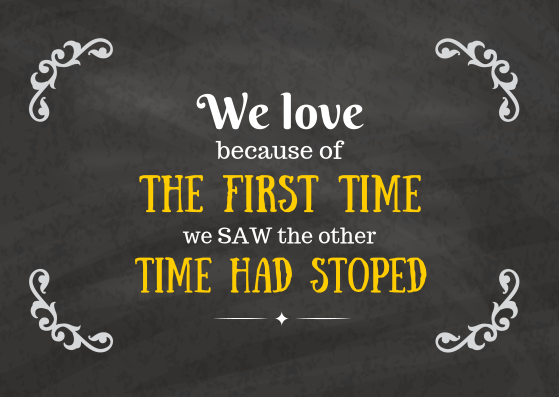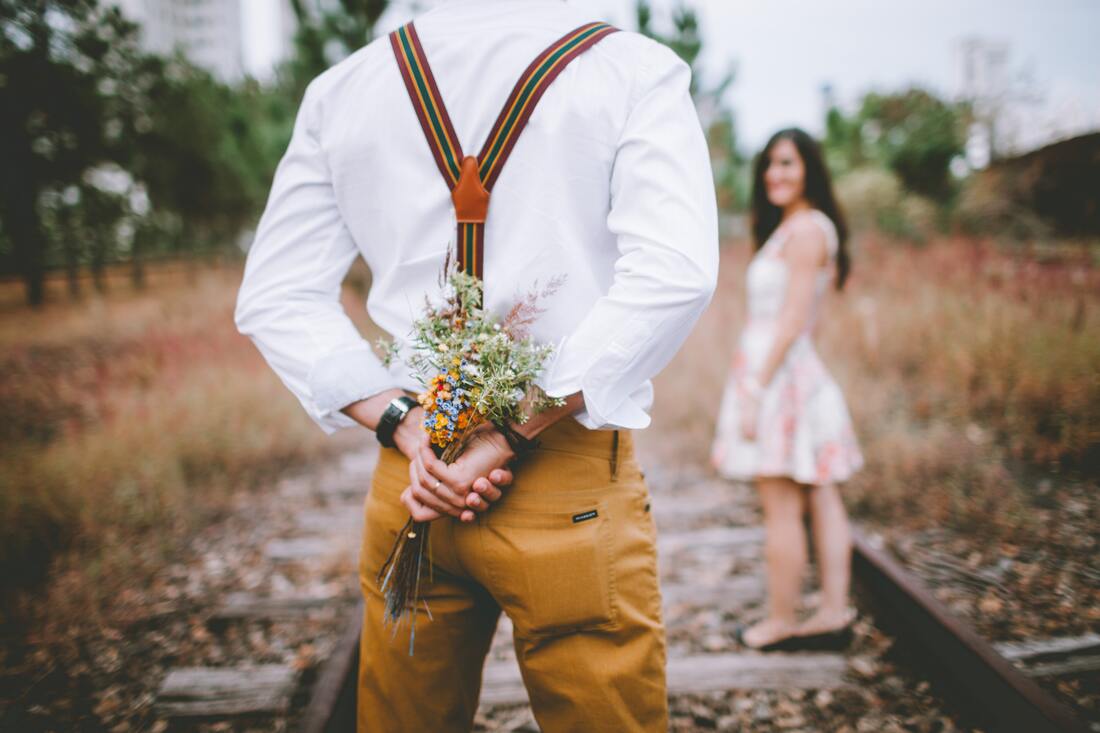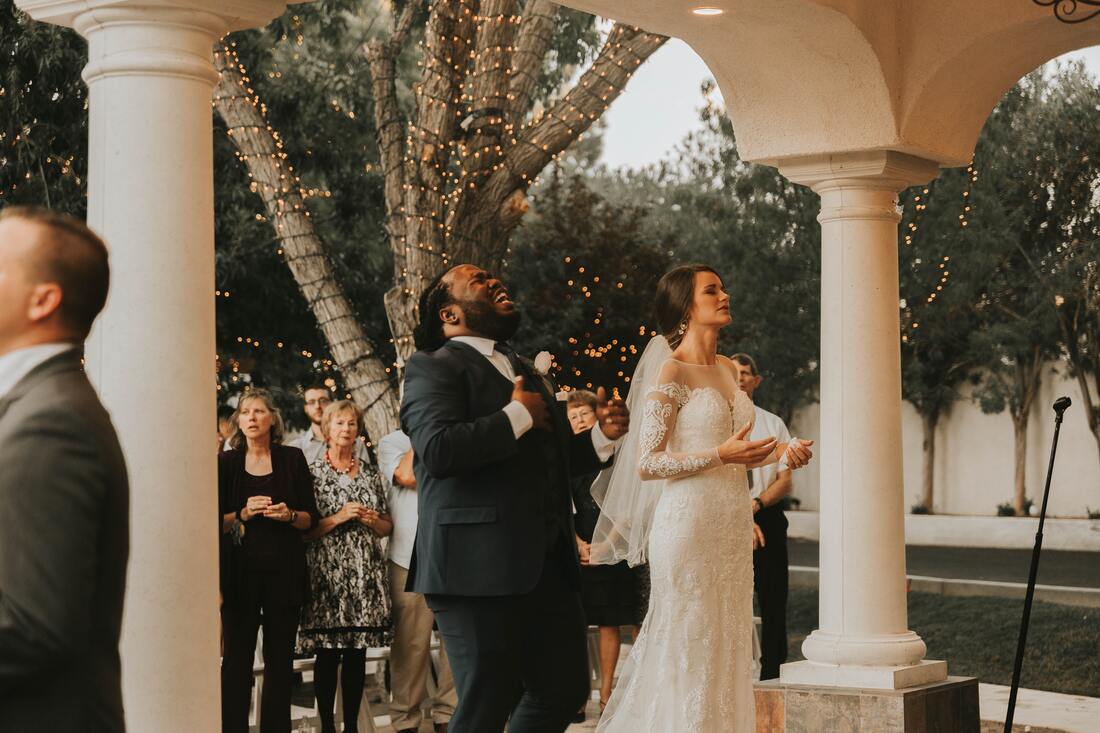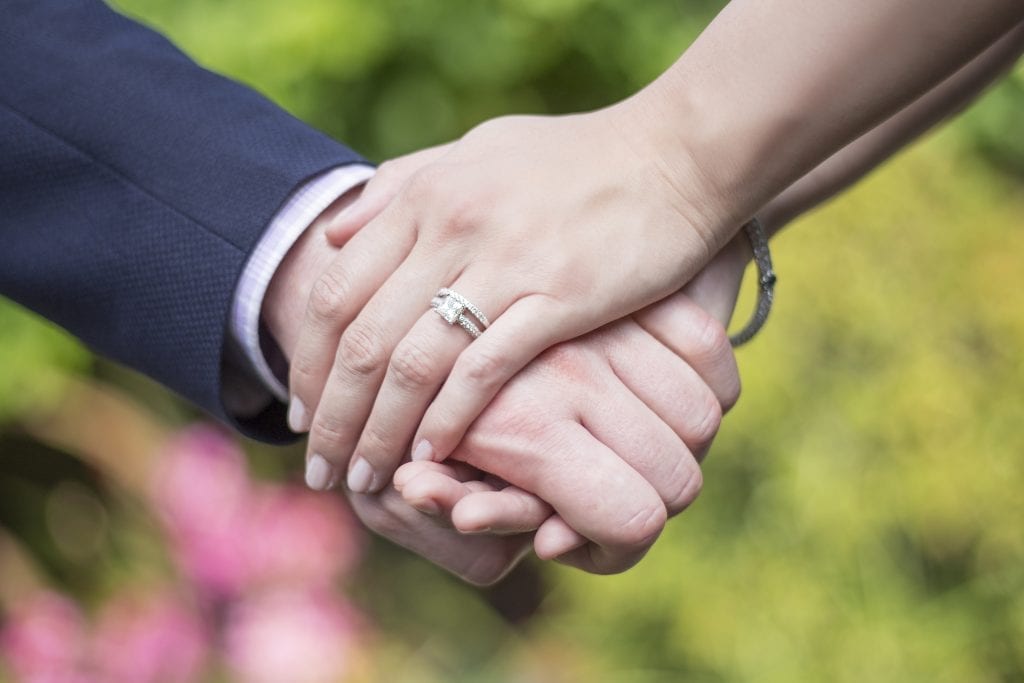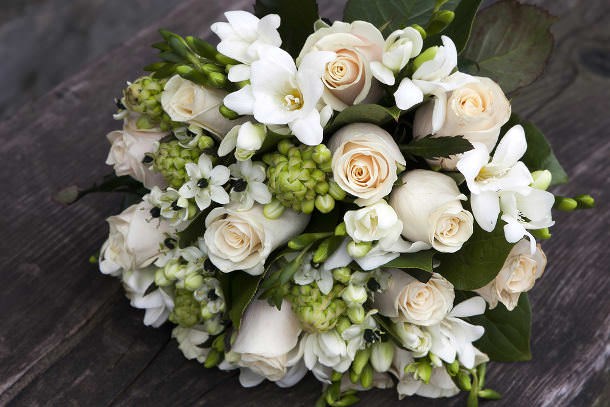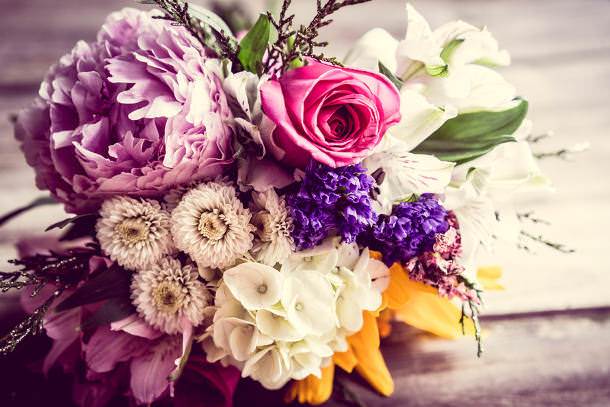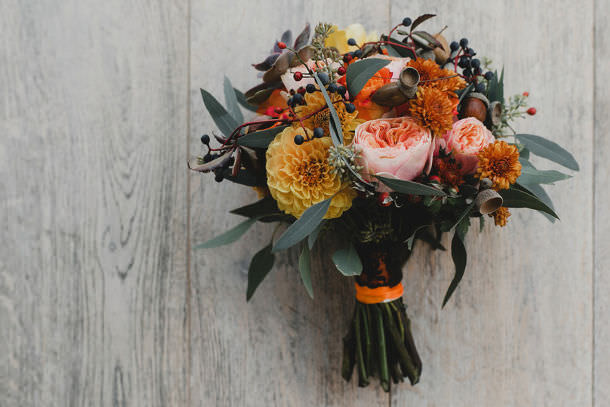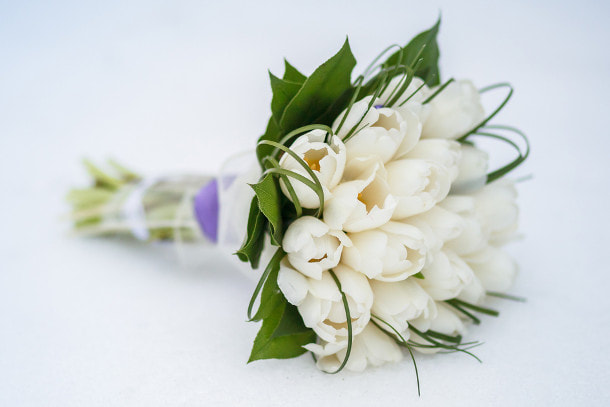|
One of the most common excited feelings that two people can share together is love. But, it is not always easy to tell if you are in like: lust or full blown forever love.
With that in mind, I have created a list of signs that may help to tell if you are being currently insane in love ! 1. If you have ever stared deeply into the eyes of your significant half for over 10 seconds without turning up hysterically … you may be in love. 2. If every one in your life tells you that he/she is no good and if your mailman, your local pharmacist agrees with that, yet you think they are “just jealous” … you may be in love. 3. Guys: if you’ve taken pictures of the woman and put them on the walls, like you do with the Sports Illustrated Swimsuit Edition posters, Playmate of the month calendar, … you may be in love. 4. Ladies: men may yield excessive amounts of eye watering, mouth cannot eat from almost any food at the time, and above all they don't share this with others, specifically at night. Knowing all of this, and you STILL want to sleep with him in the same bed … you may be in love. 5. If your significant half asks how they look in their new retro polyester lime green dress and you say they look hot … you may be in love. 6. Guys: if you’ve given up washing and waxing that new car you just bought, and just to watch “Titanic” with your girlfriend/wife for the 20th time … you may be in love. 7. If you incessantly remember every anniversary and your partner's birthday, and you’re not female … you may be in love. 8. If you think the underwears and socks that you get for him on Christmas every year is a pleasant surprise to him … you may be in love. 9. If you thought the Tools Set that you just bought from Sears for his birthday was a great idea, ... you may be in love. 10. If you are taken to McDonalds for a romantic dinner, and that does not upset you … you may be in love. 11. If you start noticing your local florist coming to work in a limousine since you became his/her customer ... you may be in love. 12. If you hear "Honey, where is my clean underwear?", which brings tears of joy in your eyes ... you may be in love But the simplest way to tell if you maybe fall in love is this: if there is no one on earth that you would rather spend everyday in your life with than the one you are being with now … then you ARE in love! It is important to know how to know if you've found your soulmate. The romance of love at first sight is very exciting, but how do you know if you have found your soulmate? What are the qualities that a soulmate would display?
How to know if you've found your soulmate begins with assessing your own personality traits. Take note of the differences between your personality and your soulmate's qualities displayed. Does he/she always think thematically? Does he/she constantly worry about money? These are not hard to find. Some people might be good with numbers, others are good with words, some are good at building relationships, and others are excellent at problem solving. If you notice that your soulmate has similarities to these qualities in you, then they are probably compatible. You also need to make sure that your traits are not conflicting. If your soulmate also displays several other common traits, such as being outgoing, compassionate, and willing to try new things, then you've found your fit. Being open-minded and accepting of others will also be important. Do both of you get frustrated easily? If you both get frustrated easily, the relationship may not be so perfect at all, and you know what to do next... Both of you should sit down together, listen to each other and work out to change for your better future's relationship ... If you find out that you've found your soulmate after a long struggle, think about what it would mean for you. Would you be able to relax after all? Would you just grab him/her because now you're so tired of finding the souldmate? No, I don't think so. Instead, you should ask yourself one of these last questions: Do you actually feel happy with this person? Love is a complex emotion, but there are some very basic questions you can ask yourself that will help you in determining whether or not he/she is your soulmate-worthy. When you get the answer to these questions, you'll know if you've found the person you can truly love. After falling in love with and having getting married to a man with children, Wendy Malinda encountered several concerns. She tells Munde Okuna, journalist at The Standard Magazine, how she chose to share what she learned and experienced from her tribulations by starting an organisation to lend other women a hand in blended families: “I feel I was very naive about what marrying a man with children included. I assumed the kids would immediately like me and we would form one large, happy family but I was wrong. It snatches you a lot of effort and time to come to the point where your step-children can put up with you. Sometimes just a moment when you think you have made progress to the relationship, the kids would do something reminding you that they will never love you like their biological mother. I have learned lowering my expectations.” says Wendy Malinda, the founder of Living In-Step Family, an organisation that coaches married people with children from previous relationships. “Sometimes when you are young, you fall madly in love and think you have met your soulmate, so you start building a life together and only when growing older and realising that the perfect union which you dreamt of is not so perfect,” this is what Wendy explains happened between her husband and his ex. Despite the fact he and the mother of his children never got wedded, they had two children. They drifted apart after few years and each went their own ways. Shortly afterwards in the year of 2011, Wendy met her husband, Tony, 41 now. They started out as friends first but then fell in love. Wendy, 31 now, says she was enjoying a thriving career in IT and marriage was never really something on her mind. They two together soon fell in love, started discussing about marriage and then the wedding bells rang in 2014. “My spouse used to talk about his kids even before we started dating and although I had never met them, they seemed to be great children – you know every parent says their children are the best. Even when our relationship turned serious, I didn’t meet the children, and it did bother me but I am not so pushy so I said to myself he will let me meet them one day. A day after dinner, he said we could go home and meet them and when I did, it was somehow very clumpsy. There was no decorous introduction, I just introduced myself as the kids' daddy’s friend and then a whole awkward of silence following after that. The kids went watching TV and that was that. There were a lot of awkward silences followed by and although it was unpleasant, I got used to it somehow and the kids also recognised I never disappear after that.” Wendy has two step-children, a 16-year-old boy and a 13-year-old girl. She says the girl warmed up to her quickly because “being young and same gender, I could connect with her like a mate and I seem up to speed with kinds of things which young girls like. For instance, I know who Justin Bieber is, so I thought she would see me as a cool buddy but that didn’t occur. It took time. With the boy it was worse because, as the older one, he seemed to have felt the need of playing the role of a guardian and to stay faithful to his mother. So sometimes if we are having a fun activity and his mother would call, his tone of voice would all-of-a sudden change and he behaves as if he is not enjoying spending time with me. At first that used to hurt me but I realised I should not take it personally. Children get conflicted and they don’t want to make their biological mother feel a step-mother could replace them.” Two steps forward then three steps back Wendy says once she had a chance to chat with her step-daughter about how her day was going and it seemed they were making significant progress, so in the end she said: “I love you.” Wendy says the silence was awkward afterwards, “The silence that followed was deafening and it seemed like lasting forever.” I made a note in my head that never says that once again. The kids stay with Wendy and her husband full-time and that brings up to a question of how to discipline the kids. Wendy says she initially left the disciplining to her husband but now as she started engaging in a more active role in the children’s life, she earned her stripes to discipline too. “I do not believe in spanking young children. I will just talk with them and tell them in case they have done something wrong. If it is major, I’ll talk to my spouse about it and he will pick it up from there. Initially, it was hard to ask the kids to do chores. There was a time when I asked my step-daughter to clean the dishes and her eyes gave me a stare. They were like she was saying – what is this woman telling me? I had to change tactics quickly after that and instead I told her if she washed the dishes, she would have gotten an ice-cream treat. And it worked, but I soon realised that was not a sustainable way of getting things progressed because, for how long are you able to bribe kids?” Cordial relationship with biological mother When it comes to family events such as the boy’s visiting day, she says it was a very uncomfortable situation, particularly in the beginning and she had to reach out to his mother and ask if they could alternate the visiting days. “At first, we would all show up for his visiting time. My husband and I would go together and his mother would turn up too with relatives. I felt as I'm the odd one out and the time seemed not to pass fast enough. Now we alternate days, which is getting a lot better. The good news is the children’s mother is a decent one so we do not have tiffs. I am also not a drama queen. We are not hanging out for coffees or anything, but we are not feuding either. We are cordial.” Wendy claims there will always be individuals who look down on blended families but she takes it in her stride. “I sometimes meet old friends I knew from my college days in the supermarket while I’m with the kids and they question how it is turning out that I have such big children. I just simply say they are my children from another mother.” Not only does a long distance relationship test your love, but also it tests how loyal you could be to your partner. Regardless of what setting you apart from your partner, due to a job transfer in different towns or due to studying purposes in different countries, keeping the love's fire ablaze can be a challenging task. In contrast to popular opinion which most relationships are unable to endure the test of time and space of being far away, however, sometimes the long distance could be helpful to keep the love’s fire burning. If you are in doubt about a long distance relationship, here are some key benefits you may think about before rejecting it completely: Promotes personal growth Having your partner around you all the time could lead to greater dependence oneself without even you recognising it. While it might feel great to have your partner around with you physically, however, it may possibly stunt your development as an individual. You could lose your individuality traits with most of your behaviour now being unconsciously re-defined by your partner. Being together all the time could make it hard to make sound decisions without feeling like you have to consult with or involve with your partner. While long distance relationships may carry away the features of you being a couplet, however, it could help grow your personality. You will be in a solid condition to discover who you are as an individual and be a capable lover that your relationship demands. Promotes communication It is stated that the basis of an excellent relationship is via communication. Physical proximity with your partner could lead to the two overlooking issues or others going without unsaid. If this is left unchecked, which could lead to a break in the relationship bonding. Long distance relationship can offer a solution to this because communication now will become the very basis of union connecting between the two of you. The need to talk about anything everything while dating long distance could strengthen the relationship. Builds emotional bonds Building emotional bonds might be the very best thing about getting into a long distance relationship. Unlike relationships where partners are always close by, a long distance relationship will help in strengthening your emotional bond with your partner. You will spend more time learning about each other, becoming more in tune with the others’ feelings, being able to predict your partner’s behaviour and you now can tell when they are not themselves. This is probably one of the biggest gained victories you may obtain with this type of relationship since it gives you the opportunity to truly be supportive for your partner. Learn to appreciate shared moments Moments shared with your partner for granted would become lightful if they are always constantly around. This happens because you don’t get to miss them or yearn spending time with them. These moments may however will become like treasure when you are in a long distance relationship because you learn to appreciate the moments and pleasures when you have chances of being with each other. The long distance teaches you and your partner how to appreciate the time you have together, which then in the process your love will grow and you get to give your partner the attention that he/she deserves. Tests your love When your partner is always around, things are great. You spend time together, build a family, buy a house, and share a mortgage together. This is stunt until one of you gets a job transfer and now suddenly all hell breaks loose. Those who are used to having their partners close by will start having much harder time handling with long distance relationships, they will feel lonesome and find it hard to battle with which might lead to the worst scenario that is cheating and ultimately separation. Therefore, long distance relationship is a true free test. If you can learn how to navigate through tough times and low moments in a relationship like this, they are the ultimate goals for a relationship/marriage. And if you can achieve it, you’ll experience true love for a lifetime. With regarding to the question of how you are judged to be attractive to people, many often default straight away to personal appearance. However, research indicates we are also influenced by names. One way to learn about this effect is through the way people respond to us - particularly when they don’t know us. For instance, on Facebook, a site arguably designed to augment existing friendships, people send friend requests to people they don’t know everyday. In deciding whether or not accepting these requests out of the blue, recipients consider several things. One is how many mutual friends they have in common with the requestor - and who they are. Another is whether the sender has an attractive profile, including the photo. Yet another, however, that is more apparently important than many people have known about, is the person’s name. Tobias Greitemeyer and Irene Kunz investigated on how physical attractiveness and people’s names could have impacted on acceptance of Facebook friend requests. They began taking on notice of how people treated others if that person had a positive name comparing with whom had physically attractive. In their study, they found that both attributes all made people more likely respond to Facebook friend requests. How about if someone has a staggering profile photo, but an unattractive name? Greitemeyer and Kunz found that it would be lucky for someone if they were in that position because physical attractiveness could compensate for name-valence, and vice versa. They found that friendship acceptance rates were at similar rates from users having positive names and moderately attractive, and users having negative names and attractive. People who were most disadvantaged in their study, in terms of being accepted as a friend, were those with negative names and were not attractive. When it comes to names, not every person on Facebook uses their accurate name. They sign up under their correct name because they have to comply with its terms and conditions. But Facebook lets you add professional titles, nicknames, or other names on your profiles later on. Simon M. Laham et al. (2012) contemplated the impact of names in a research called “The name-pronunciation effect: Why people like Mr. Smith more than Mr. Colquhoun.” They began by recognizing that names could suggest characteristics such as ethnicity and gender, and may also indicate personality, traits as varied as morality, cheerfulness, and warmth. The authors also noted that names did differ in a very practical fashion: some were easier to pronounce. Over five studies offering evidence for what they defined as the name-pronunciation effect, they found that easy-pronounced names were judged more positively than their counterparts who had difficult names. Regarding to real-world implications, Laham found that people who had easier-to-pronounce surnames enjoyed higher status positions, particularly within law firms. They also noted that their findings held true regardless the length of the names or whether the names are foreign, or unusual. Gone further, Greitemeyer and Kunz wondered in their research whether being physically attractive and having a positive name increased Facebook friendship acceptance, which could only be unique to the online setting and would also exist in real life. That is still undergoing testing, however, there is one thing for sure: there is no substitute for tons of time before making any relationship decision by just relying on photos and names. Instead we should slow down, and take steps to learn more about that person behind that profile and the easy name pronunciation. If somebody asked you at age six, “What finger does the wedding ring wear on?” you most likely knew the appropriate response. It’s truly common for most people, particularly in the United States, to wear wedding ring on the left ring finger. However, why is the wedding ring worn on the left hand fourth finger? And do brides and grooms have to? Here is the story behind why married couples wear wedding rings on the left hand and whether or not you should follow this custom. The narrative of why the wedding ring to be worn on the left hand should be traced back to the ancient times. During that era, the Romans believed that the vein in the ring finger, which was the fourth finger on the left hand, passed directly to one's heart. As a result of this belief, they called that vein as: vein of love. Therefore, to solidify a union which was based purely on love, they’d placed the ring on that finger as to house the "vein of love" to signify the romance that the newly wedded couple shared. It was a pretty adorable physical portrayal of two hearts being connected together, wouldn’t you say? Shockingly, nowadays, our modern-day understanding of biology somehow proposes that all human beings' fingers have veins connected to heart. What can I say? Screw science! Saying so, that does not mean you should not wear wedding rings on the right hand. If you want to wear your wedding rings on the right hand (on the fourth finger), you’re free to do so. If doing so, you would be following examples of many central and northern European couples, such as: Norway, Austria, Denmark, Poland, Belgium, Germany, Russia, Latvia, Bulgaria, and Ukranie. Orthodox Christians, too, traditionally wore rings on the right. In India, the left hand used to be considered as unclean and unlucky, so wedding rings were worn on the right. But nowadays, either hand can be a home for wedding rings. Is a wedding even a wedding if there are not flowers all over the place in the ceremony? Flowers are truly the ultimate accessories for your big day, injecting natural beauty, colour and aroma into your venue, outfit and decor. However, each season has its own palette of flowers that can be used to make your day more meaningful. So, before heading down to a florist shop, check out our advice on to how to perfectly match the types of flowers with your wedding season. Spring For a spring wedding, you should have flowers in pastel tones that compliment the connotations of springtime. Bouvardias in a soft peach shading, lillies and forget-me-nots are all beautiful choices to have at your wedding. Alternatively, you may opt for the timeless daffodil – the ultimate portrayal of spring – or some pale pink and white roses. Summer Summer weddings would require something a little bolder to compliment the sunshine and blue skies that preside over your big day. Bright colour is a must, which can be found with the coral-coloured amaryllis, chrysanthemums and dahlias. For something simple but exquisite, a bouquet dotted with giant daisies should be a perfect choice. Bright pinks, reds, oranges and yellows are your companions during this sultry time. Autumn Autumn is seemingly one of the most beautiful occasions of the year to get married. As the leaves change colour and start to fall, the air becomes crisp and the enchantment of fall settles all around. Russet, orange, burgundy and yellow are ideal colours to match the ambience this time of the year. Try creating a bouquet that comprises of chrysanthemums, coxcombs and burgundy peonies. If the colour seems excessively dark, lighten them up with two or three of ivory tuberoses. Winter Winter weddings often pursue simple colour theme with pure white and additional of a splash of blue, pink or purple here and there. With this in mind, a bouquet of white lilies is the stature of elegance, particularly when complimented with some camellias in a light pink hue. You will love keeping it simple when it comes to your winter wedding flower selection. Flowers are definitely the ultimate accessories for your big day, injecting the natural beauty, colour and fragrance into your venue, outfit and décor. |
